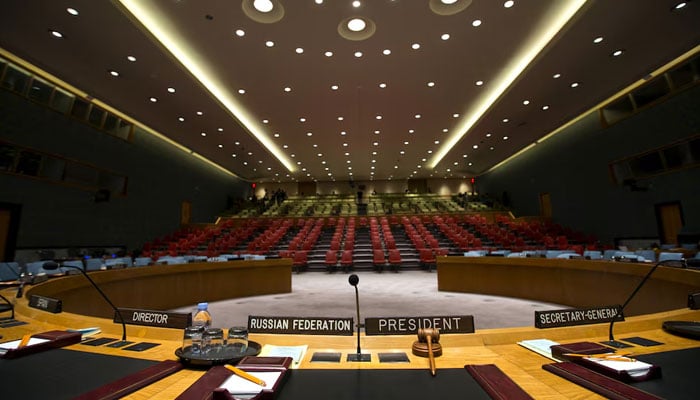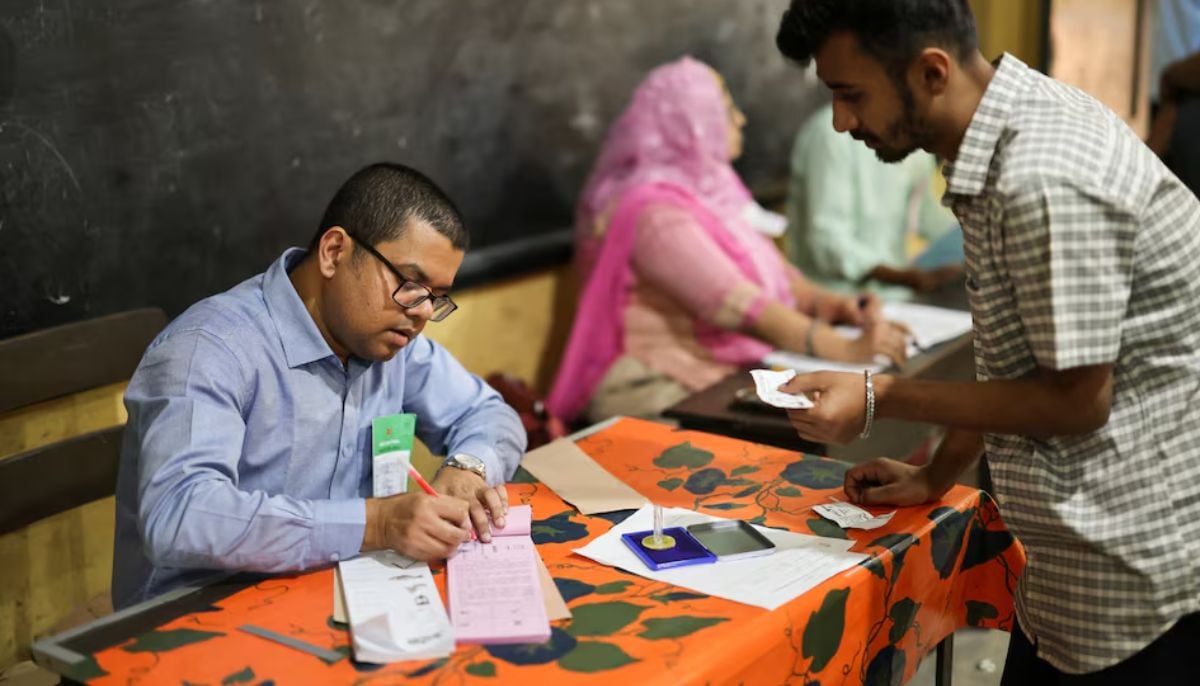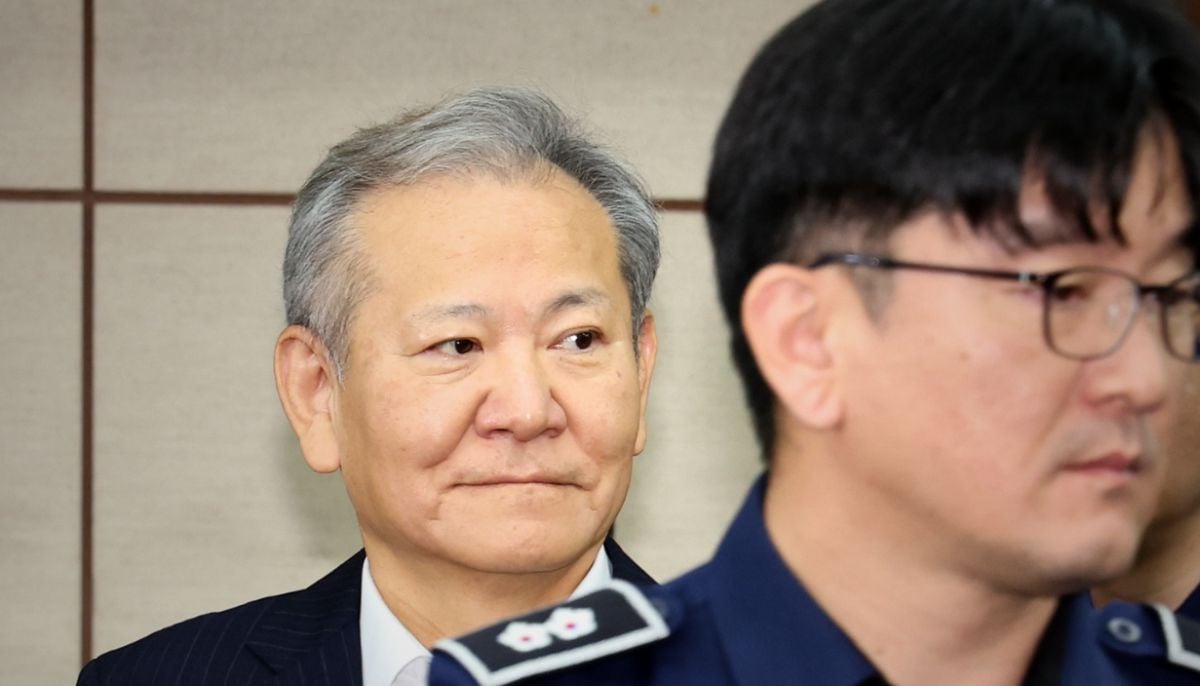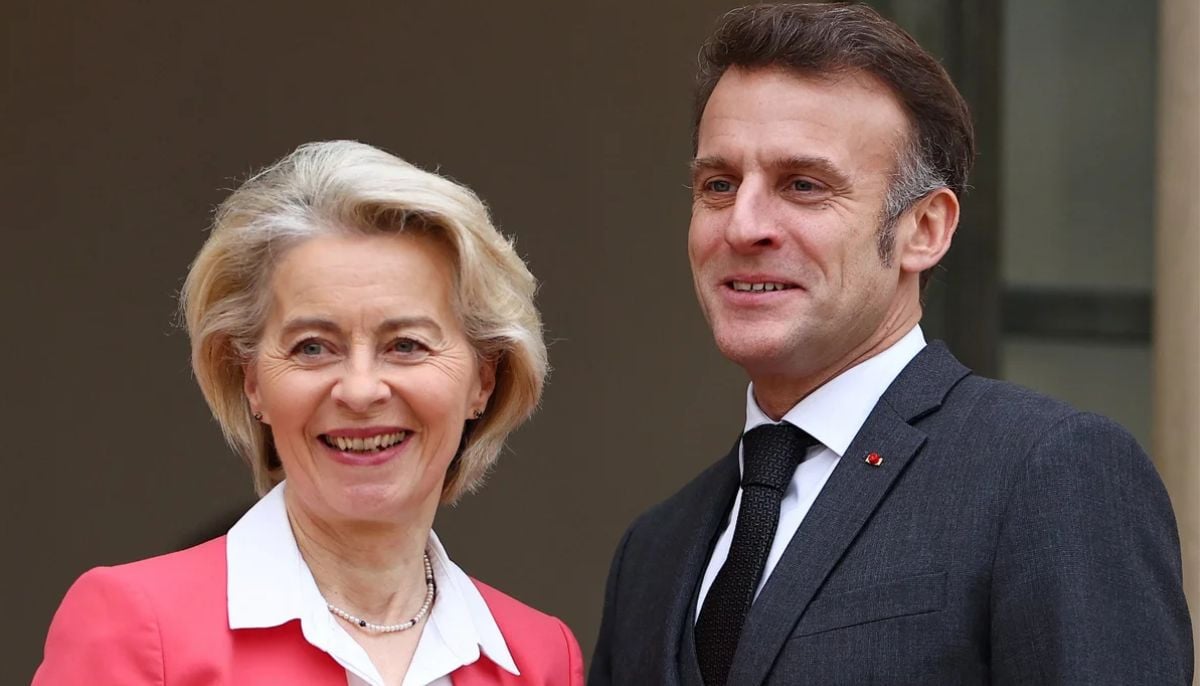IPI asks US to reject 'dangerous surveillance' treaty
UN member states seek to finalise treaty amid strong opposition by rights organisations
The United States has been urged by the International Press Institute (IPI) to reject a new "dangerous" global treaty, that it said will grant authorities sweeping surveillance powers as well as give authoritarians even more tools to target and restraint the press.
IPI, a global organistaion which is dedicated to promotion and protection of press freedom and the improvement of journalism practices, has asked the US to stand up for journalists, press freedom and democracy worldwide in a post on X, formerly known as Twitter.
A two-week meeting was opened by the United Nations member states on Monday as they seek to finalise the international treaty.
According to them, the treaty is aimed at fighting against cybercrime. However, its text has faced strong opposition by an unlikely alliance of human rights groups and big technology companies.
The “United Nations Convention Against Cybercrime” originated in 2017 when Russian diplomats sent the world body's secretary-general a letter outlining the initiative.
Two years later, and despite US and European opposition, the General Assembly created an intergovernmental committee tasked with drawing up such a treaty. “We’re at the entrance of the harbour, and on Friday August 9, we’ll be docking,” said committee chairwoman Faouzia Boumaiza Mebarki at Monday’s opening session.
Following seven previous negotiating sessions, “divergences still remain,” she noted, while criticism has also continued to mount.
While the revised draft includes “some welcome improvements,” according to the office of the UN High Commissioner for Human Rights, concerns remain “about significant shortcomings, with many provisions failing to meet international human rights standards.”
-
Las Vegas father shoots daughter's boyfriend, then calls police himself
-
'Fake' sexual assault report lands Kentucky teen in court
-
Woman arrested months after allegedly staging husband’s murder as suicide
-
Bangladesh sees high turnout in landmark national election
-
Lufthansa cancels hundreds of flights amid pilot and cabin crew strike
-
South Korea ex-interior minister jailed for 7 Years in martial law case
-
UK economy shows modest growth of 0.1% amid ongoing budget uncertainty
-
EU leaders divided over ‘Buy European’ push at Belgium summit: How will it shape Europe's volatile economy?












